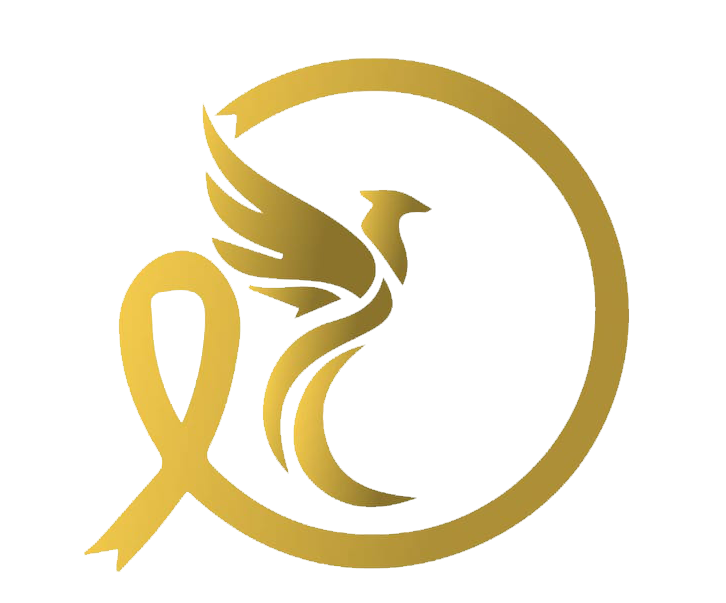In many migrant communities across the UK, domestic abuse doesn’t always come with raised voices or visible bruises. Sometimes it’s quiet. Sometimes it’s wrapped up in obedience, family duty, or cultural tradition. When abuse becomes normalised, it’s no longer questioned. It slips into everyday life. People start to excuse it, defend it, or worse, accept it. But abuse is still abuse, even when it’s dressed as culture.
What Does Normalised Abuse Look Like?
Cultural norms shape how people see marriage, parenting, and gender roles. When harmful behaviours become part of those norms, they stop looking harmful. Things like control, emotional manipulation, and even physical violence can start to feel ‘normal, ’ just part of life. In many communities, especially among migrant families, the messages passed down often sound like:
- “A man is the head of the house -he must be obeyed.”
- “Don’t shame the family by talking to outsiders.”
- “You’re not being hit -you’re being disciplined.”
- “A good wife stays silent and keeps the family together.”
It’s hard to question something you’ve been taught your whole life.
What Happens When Abuse Feels Normal?
When abuse is normalised:
- Victims might not realise what they’re going through is wrong.
- Families often protect the abuser to avoid ‘bringing shame.’
- Children learn that control, fear, and silence are part of love.
- Survivors carry guilt for breaking tradition or speaking out.
And so, the cycle continues quietly, painfully, and often unnoticed by services that don’t understand the cultural context.
“We Don’t Talk About These Things. “When I told my aunt that my husband didn’t let me go anywhere alone, not even to the shop she said, ‘He’s just protecting you. That’s how good men behave.’I was screamed at, called names, and not allowed to work or speak to friends. But everyone kept saying I had a good husband. For years, I thought I was just ungrateful.” Fariha, survivor and mother of two, originally from Pakistan, now living in Luton
Fariha’s story isn’t unusual. For many women in migrant households, abuse doesn’t always look violent, but it feels like entrapment. And the silence around it makes it even harder to name.
What Abuse Might Look Like in a Cultural Context
- Emotional abuse: Calling a partner “stupid” or “useless,” explained as “discipline.”
- Financial control: Not allowing a spouse to manage or access money.
- Sexual coercion: Expecting women to never say no to sex, because it’s “duty.”
- Strict obedience: Demanding women obey without question in the name of religion or tradition.
- Physical punishment of children: Hitting with belts, shoes, or sticks, justified as necessary or normal.
Culture is not the problem. In fact, culture can be a powerful source of identity, strength, and healing. But when cultural practices are used to justify harm, they stop being culture, they become control. There’s a big difference between:
- Culture and control
- Tradition and trauma
- Family values and family violence
Breaking the Cycle Change doesn’t come overnight, but it starts with conversations, quiet ones in living rooms, bold ones in community halls, honest ones in our own hearts. Here’s what helps: ✅ Understanding what abuse actually is
✅ Knowing that love doesn’t include fear, shame, or silence
✅ Listening to survivors without judgment
✅ Helping professionals recognise cultural pressures
✅ Encouraging conversations in families, schools, and community groups
✅ Inviting cultural and faith leaders to be part of the change
According to a report by Imkaan, a UK-based Black feminist organisation, “Women and girls from Black and minoritised communities often experience specific barriers to safety due to cultural expectations around silence, shame, and loyalty to family and community. This silencing makes it even harder to name abuse or access support.”
(Reclaiming Voice: Minoritised Women and Domestic Abuse, 2020)
If you have been told to endure, stay silent, or obey… Know this:
Abuse is not a part of your culture. It’s a distortion of it.
You deserve safety. You deserve respect. You deserve freedom from fear.
It’s okay to speak. It’s okay to ask for help. And it’s okay to want something different for yourself and your children.
Let’s challenge the silence. Let’s change the narrative. Let’s redefine what’s normal.

